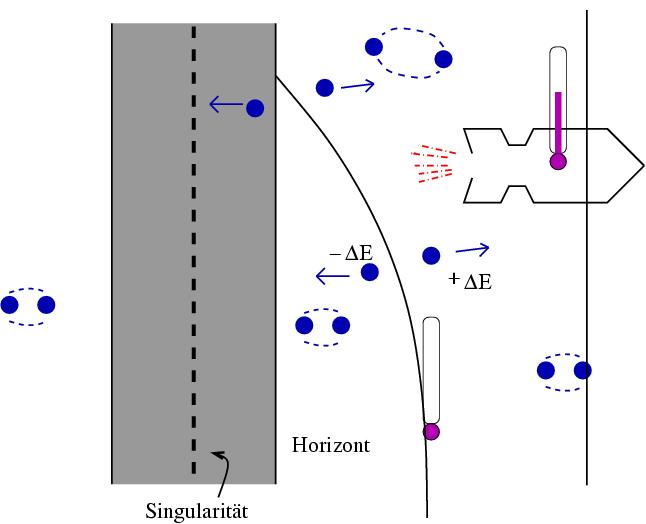Huzihiro Araki
(RIMS, Kyoto University)
Dynamics and Potentials
For a system of spins and Fermions (satisfying
graded commutation relations) on a lattice, a $C^*$-dynamics
can be associated with a potential,
which satisfies a natural convergence property and a very
convenient standardness property. The existence and
uniqueness of the potential with the required properties for
any $C^*$-dynamics under consideration, the form of the
convergence property and the standardness property are
all new results, for which the only assumption for the
$C^*$-dynamics is that any strictly localized operator
has the time derivative, a condition minimally necessary
for the description of a dynamics in terms of a potential.
The standardness property brings about the unique choice
of the potential (out of multitudes of equivalent
potentials) by distinguishing the genuine $n$-body
potential from mingled $k$-body potentials with $k less n$.
An energy estimate is shown as a simple and yet non-trivial
example of effectiveness of the standardness property,
with an aid of non-commutative conditional expectations -
an important mathematical tool of this entire analysis.
The key point in the above analysis is a bijective
correspondence of a linear space of *-derivations and
that of standard derivations, where the *-derivations
considered are the restriction of the generators of
$C^*$-dynamics to strictly local operators. In the
case of supersymmetry, super-derivations replaces
*-derivations. By the same analysis as above, a
standard (odd) potential can be uniquely associated
with a super-derivation.
Back to the LQP 20 home page.


